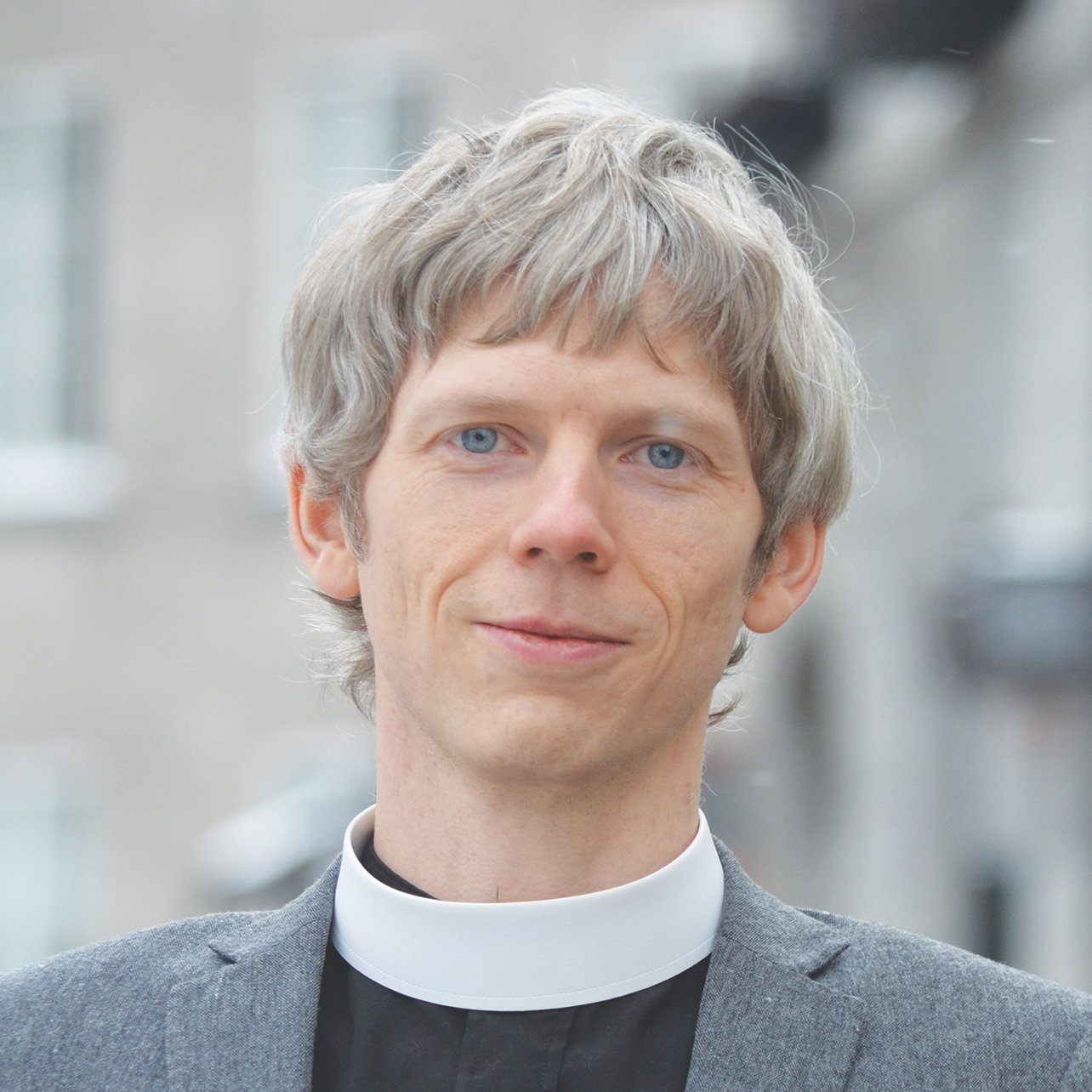 It is a phrase I hear far too often these days, as our world continues to grapple with the effects of human migration. As a parish priest, I also heard these words almost daily during my pastoral visitations, a lament of “the good old days,” when “Canadians didn’t need to apologize for living in their own country.”
It is a phrase I hear far too often these days, as our world continues to grapple with the effects of human migration. As a parish priest, I also heard these words almost daily during my pastoral visitations, a lament of “the good old days,” when “Canadians didn’t need to apologize for living in their own country.”
In its most recent iteration, this phrase is being marshalled against the Muslim community in Canada to argue for the creation of an immigration and refugee determination system that can discriminate based on a set of moral criteria, what Conservative leadership candidate Kellie Leitch has called a test for “Canadian values.”
The argument goes something like this. “I’m not racist and I think we should welcome immigrants and refugees, I’m just uncomfortable with these people coming in and trying to change our values. If they want to move to our country, they need to be like us.” There are more and less sophisticated versions of this argument, but in the end, they all boil down to the same fundamental fear: “We” need to be careful because “they” will change our values.
It’s a fear at least as old as settler colonialism in the land many now call Canada.
In the mid-19th century, George Brown, founder of the Globe newspaper, used his public platform to rail against the “ignorant and vicious” Irish immigrants, who he believed threatened Toronto’s hardworking English protestant values with their “lazy, improvident and unthankful” ways.
In the late 19th century, the Royal Commission on Chinese Immigration was established to respond to the growing fear that Chinese immigrants were a threat to Canadian decency. Witnesses at the commission “reported that the Chinese were immoral, dishonest, unclean, prone to disease and incapable of assimilation.”
In the 20th century, as Jewish people faced extermination in Europe, anti-Semitic forces in the Canadian government actively prevented Jewish immigration into Canada. “Why don’t you people learn to live with your neighbours wherever you are? Why are you hated?” Frederick Charles Blair, Canada’s director of immigration (1936-1943), is reported to have asked a Jewish asylum seeker.
Despite the story we like to tell ourselves about how welcoming and multicultural we are, the truth is, as journalist Desmond Cole has argued, “suspicion of immigrants is a Canadian Value.” Canada does not have a value problem with Muslim migrants, any more than it had one with Irish, Chinese, or Jewish migrants-our value problem is with Christian and white supremacy. We did not discover this land, and to assert a fundamental right to catagorise, sort, and control the cultures of the various peoples who live on it bears no moral legitimacy given the historical record-a fact we as Anglicans are especially bound to acknowledge as a part of our repudiation of the Doctrine of Discovery.
The trouble is, fear is a much more persuasive motivator of human behaviour than the historical record. So as a Christian community, how do we counter the very real fear that welcoming migrants-Muslim or otherwise-will change our values?
We must start by admitting that they will.
Over the past several weeks, my family and I have had the privilege of living with a young Muslim man from Afghanistan as a part of the Romero House Community Host Program, where, as a response to the lack of shelter spaces in Toronto, residents blessed with housing have been invited to share that blessing with refugee claimants needing a temporary place to stay.
While the last month has been a wonderful experiment in learning how to find halal chicken, in becoming acquainted with some of the differences between the Shia and Sunni Islamic traditions, and in being overwhelmed by the colours and the music of Bollywood films, one moment of exchange really stuck out.
As I was preparing my afternoon tea, I heard our guest pick up and begin reading a story to our 20-month-old daughter. Not an unusual act in of itself; he did this often. What caught me off guard was the words of the story that he decided to read, his lilting accent sharpening the meaning of a Sunday school song I had long ago dismissed:
“Jesus loves the little children
All the children of the World.
Red, brown, yellow, black, and white,
They are precious in His sight…
Jesus loves the little children of the world.”
Fear may motivate “but perfect love casts out fear” (1 John 4.18). I believe I saw a glimpse of the Kingdom of God in that moment, as a young faithful Muslim man lovingly read to my Christian daughter a story about Jesus’ love for all people, a love that challenges the criteria of discrimination that we continue to construct. While we might not agree about who Jesus is, we can both agree that our love for each other should only be strengthened by our different answers. Living with a Muslim has made me a better Christian.
Yes, they will change our values. Thanks be to God.





